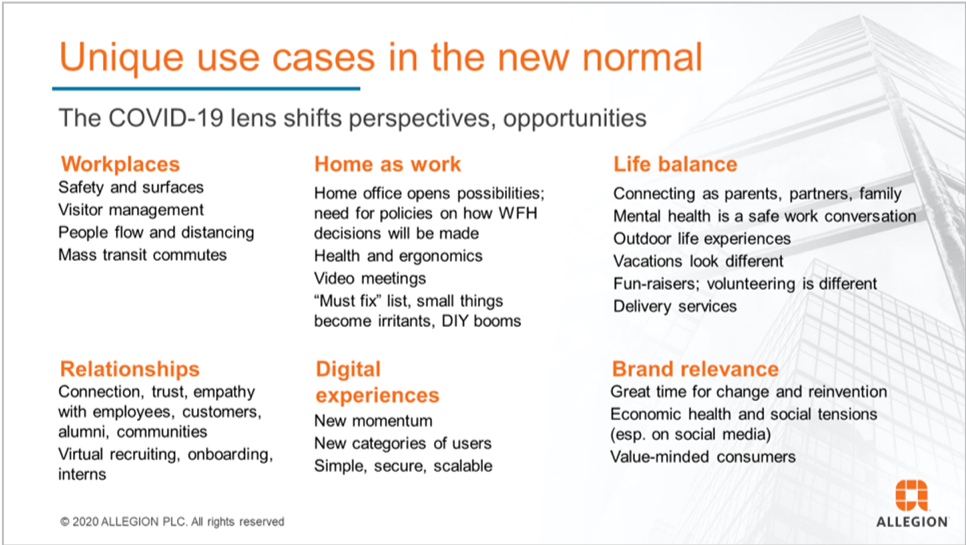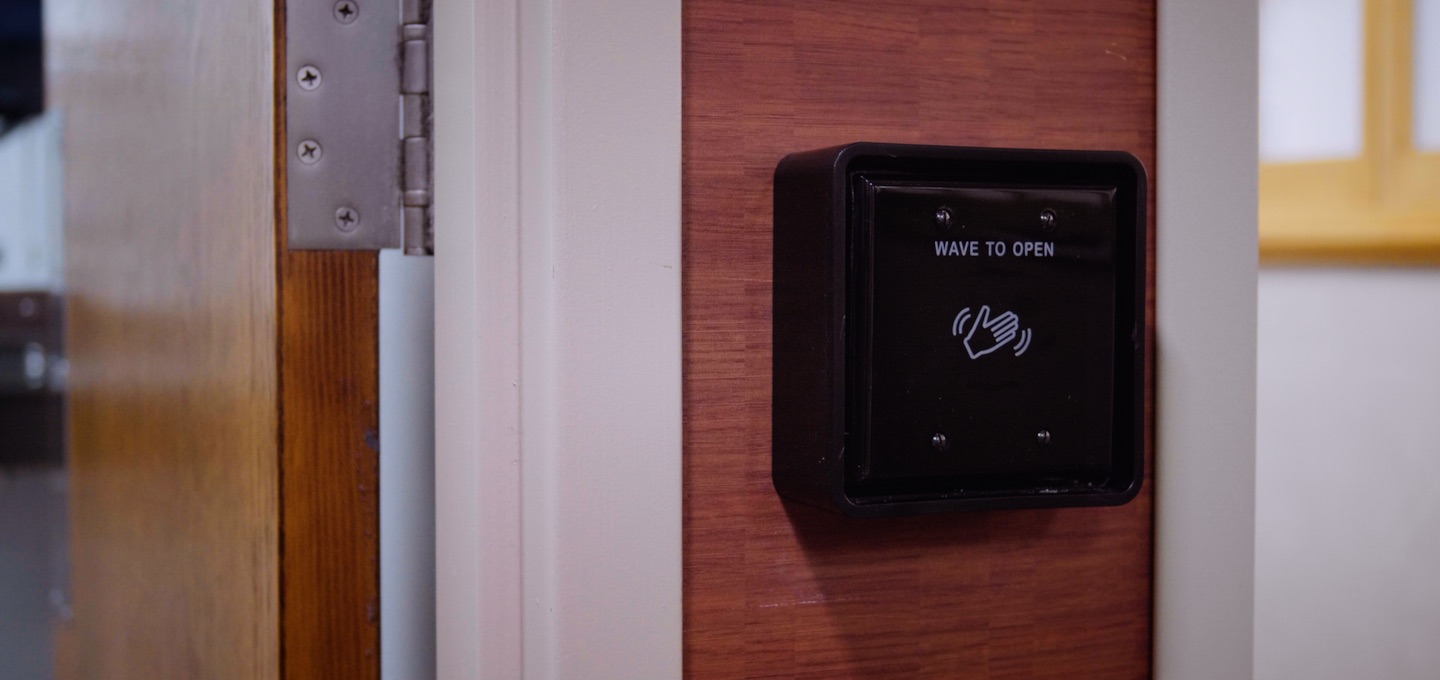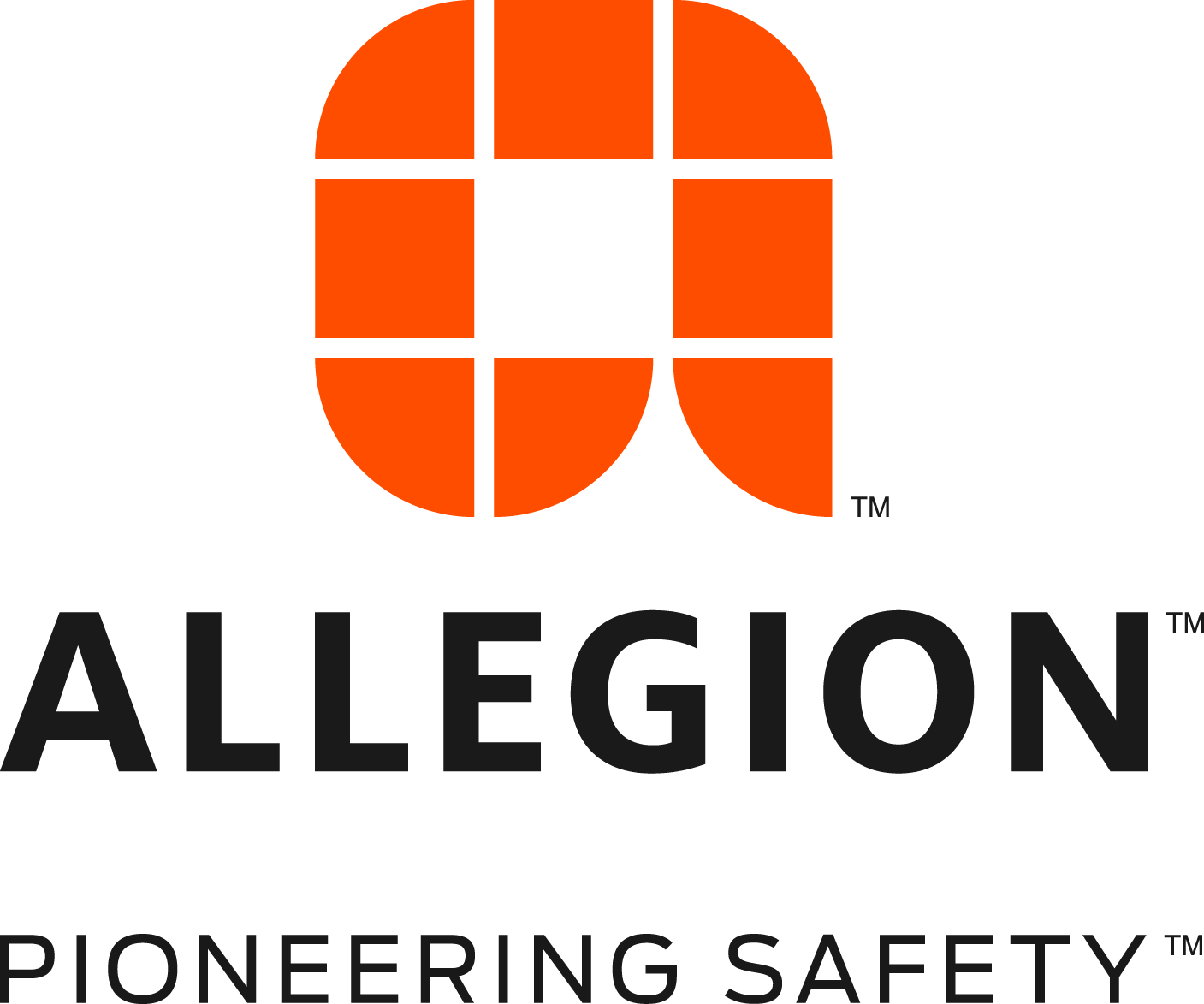Rethinking opportunities for the new normal: the value of a COVID-19 lens
For many brands and employers, the complexity of the pandemic and adrenaline rush of crisis mode has ebbed, but it has shifted the lens through which our customers and employees view work, life, employers and relationships. It happened all around the world and with unimagined speed. COVID-19 affected our customers and businesses in significant ways, and that shift also offers opportunities to address new needs.
During the pandemic, people experienced massive disruption in whether, where and how they could shop, eat, work, study, travel and experience connection. Workers had no choice but to use company collaboration platforms—and some who resisted earlier found they liked it. Sales teams found their B2B customers open to online appointments and time behind the wheel free to raise the bar in relationship-building. Shoppers met with empty shelves tried new brands, direct-to-consumer services and home delivery for the first time. Now, worried about the economy, people are seeking value and luxury brand loyalists wonder if they could be seen as tone-deaf.
As customers adjust to a new normal, they evaluate their environment through a new lens—the COVID-19 lens. Brands and businesses need to do the same. Consider Figure 1, below; this is just a sampling of the ways in which the pandemic has affected work, home and human connection. The COVID-19 lens offers new business opportunities, but it brings expectations of an accelerated speed to market: people want immediate answers to their new problems and employers must consider new policies and decisions for where and how people work. Let’s explore a couple of use cases: workplaces and home as work.

First, consider how the new COVID-19 lens affects mindset at a worksite, something our company thinks about every day. When approaching a building, people are unsettled by things they must touch and by outsiders and queues; they want to know when a surface was last cleaned, standards for visitors, and whether a common area is safe to enter. In a post-COVID world, tenants who resisted mobile apps may be drawn to one that offers “touchless” access: one that seamlessly verifies the electronic key on your phone app, swings the door open, and allows passage without touching a handle. Desk management software to create social distanced floorplans? A sensor that scans for human activity and can output a smart cleaning map for high traffic areas or send a report on problem areas for social distancing? A signboard that indicates the cafe is at capacity and estimates your wait time? Brilliant! Suddenly, technology and data offer much more than convenience benefits: they provide tremendous value in delivering safety with the help of companies like Allegion, Openpath, Robin Powered and VergeSense.
Likewise, “home as work” offers new problems to solve. Employees who had never seriously considered a work-from-home arrangement—or their employer—have put it in the consideration set. Yet, work-from-home may require adaptations; for many, the pre-pandemic home wasn’t optimized for ergonomics, and certainly not to have confidential work conversations next to a 7th grader in a virtual class. That small laptop that was perfect for work travel may not have been designed for all-day video conferences, or it may have a speaker and mic placed too close together to be practical without a headset. Backs and wrists may be calling out for a different chair and keyboard, and the kitchen counter isn’t exactly right as a standing desk.
- Is the furniture at the office supply store designed to fit a home?
- Are there new vulnerabilities in cybersecurity and a strain on data?
- Can a device be ordered, shipped and installed without a professional?
Quirky problems go from “I can put up with it” to “must fix” and patience is short, so customer service had better be exceptional. Smart B2B companies will look at their design, software, customer service, installation instructions and product options with the lens of home and enterprise settings.
Rarely will we see so much change, so quickly. Change presents opportunities: for brands who were stale to reinvent themselves very quickly; for existing products to gain new use cases; and for companies to connect with customers, talent and non-profits in differentiated and authentic ways. The new normal is an exciting place for those who look at the world with a COVID-19 lens.
Doshia Stewart is vice president of global corporate communications at Allegion, a global leader in safety and security products, and chief marketing officer of Allegion Ventures.




